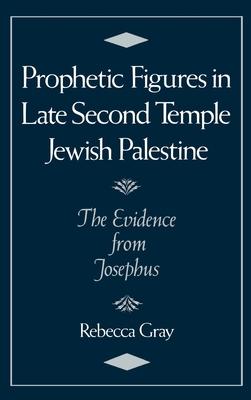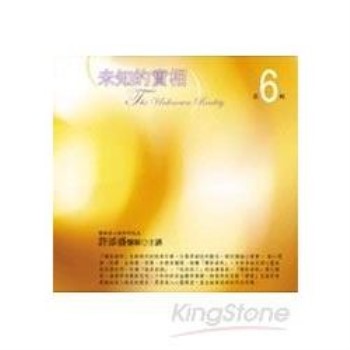Isolated passages from the writings of Josephus are routinely cited in general studies of early Jewish prophecy, but the present work is the first comprehensive examination of this material. Gray begins with a discussion of the significance of the belief--widely attested in Jewish sources from the late Second Temple period--that prophecy had ceased. She proceeds to outline a general theory about the nature and status of prophecy in this period. Giving careful consideration to the prophetic claims that Josephus makes for himself, she argues that these claims are more substantial and more important for understanding Josephus than is usually thought. Gray goes on to examine Josephus’ reports concerning prophecy among the Essenes and Pharisees, and his accounts of the activities of the "sign prophets" and other figures. In every instance, Gray interprets the evidence about prophecy in relation to Josephus’ personal career and his thought and work as a whole. Drawing on a range of evidence, much of which has not played a significant role in other studies of early Jewish prophecy, this book is essential reading for anyone interested in Josephus, the history of prophecy in Israel, or the historical Jesus.
| FindBook |
有 1 項符合
Prophetic Figures in Late Second Temple Jewish Palestine: The Evidence from Josephus的圖書 |
 |
Prophetic Figures in Late Second Temple Jewish Palestine: The Evidence from Josephus 作者:Gray 出版社:Oxford University Press, USA 出版日期:1993-05-06 語言:英文 規格:精裝 / 256頁 / 24.1 x 15.5 x 2.3 cm / 普通級/ 初版 |
| 圖書館借閱 |
| 國家圖書館 | 全國圖書書目資訊網 | 國立公共資訊圖書館 | 電子書服務平台 | MetaCat 跨館整合查詢 |
| 臺北市立圖書館 | 新北市立圖書館 | 基隆市公共圖書館 | 桃園市立圖書館 | 新竹縣公共圖書館 |
| 苗栗縣立圖書館 | 臺中市立圖書館 | 彰化縣公共圖書館 | 南投縣文化局 | 雲林縣公共圖書館 |
| 嘉義縣圖書館 | 臺南市立圖書館 | 高雄市立圖書館 | 屏東縣公共圖書館 | 宜蘭縣公共圖書館 |
| 花蓮縣文化局 | 臺東縣文化處 |
|
|
圖書介紹 - 資料來源:博客來 評分:
圖書名稱:Prophetic Figures in Late Second Temple Jewish Palestine: The Evidence from Josephus
|











